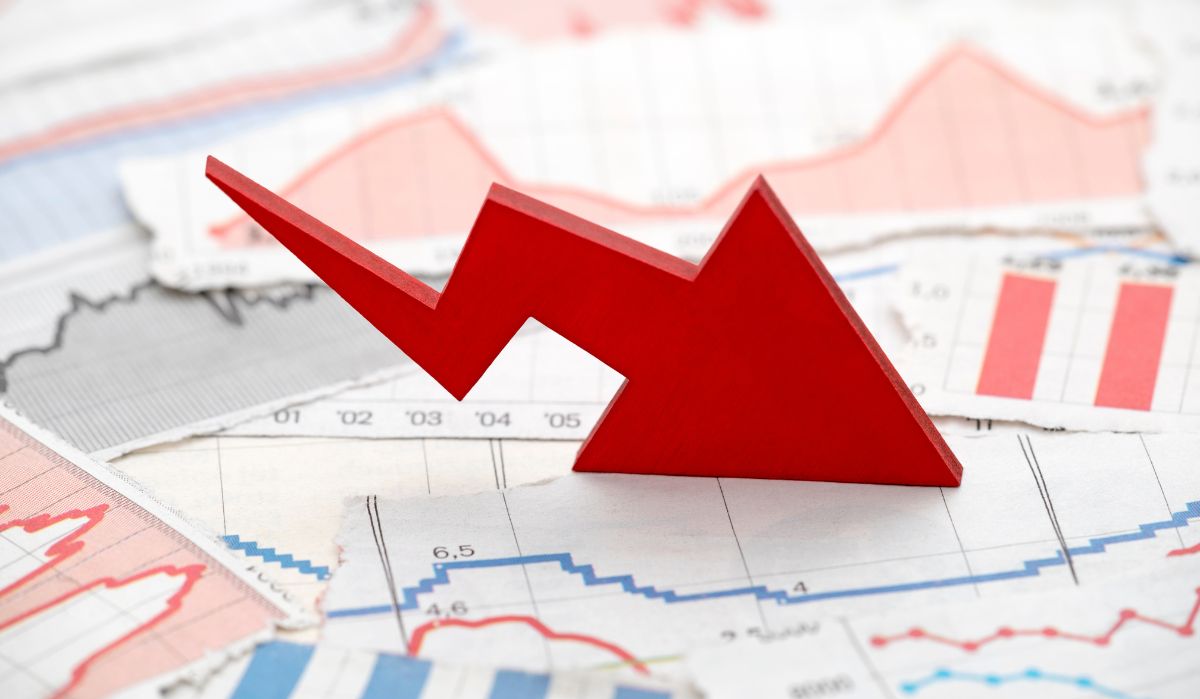Stock markets extended losses in intra-day trading on Tuesday as investors were disappointed by the Union Budget announced by Finance Minister Nirmala Sitharaman in terms of the hike in both short-term and long-term capital gains tax. At the same time, the minister also announced a hike in STT (Securities transaction tax) on futures and options trading.
The BSE Sensex was trading at 79,814 in afternoon trading, down more than 688 points or 0.9 per cent and the NSE Nifty50 index also fell 0.9 per cent, or around 210 points at around 24,299 level. Midcap and smallcaps were down 1 per cent or more intra-day.
Over the last few months, various regulators have been voicing their concerns over the rising retail investor interest in futures and options trading. Even the Economic Survey tabled on Monday cautioned against it.
Not surprisingly then, Sitharaman proposed to increase the STT on sale of an option in securities from 0.0625 per cent to 0.1 per cent of the option premium and on sale of a futures in securities from 0.0125 per cent to 0.02 per cent of the price at which such futures are traded.
But the budget also proposed to raise both short-term (STCG) and long-term capital gains (LTCG) tax as a part of the plans to simplify and rationalise capital gains tax, which market watchers felt was a near-term sentiment dampener.
Short term gains on certain financial assets shall henceforth attract a tax rate of 20 per cent (earlier 15 per cent), while that on all other financial assets and all non-financial assets shall continue to attract the applicable tax rate.
Long term gains on all financial and non-financial assets, on the other hand, will attract a tax rate of 12.5 per cent (earlier 10 per cent).
Meanwhile, the limit of exemption of capital gains on certain financial assets was raised to Rs 1.25 lakh per year from Rs 1 lakh.
"Despite the increase in capital gains tax, there was no reduction or removal of the STT, which is perceived as unfair to equity investors," said Sunil Damania, chief investment officer of MojoPMS.
He, however, felt the increase in STT on derivatives was a positive step towards curbing excessive speculation in futures and options markets.
"The increase in STCG and LTCG tax signal a significant shift. While the market's initial reaction may seem bearish, we believe these changes will ultimately foster a more stable and mature investment environment," said Vaibhav Porwal, co-founder, Dezerv, a wealth management platform.
The widening gap between STCG and LTCG rates is a clear incentive for longer-term holdings, he noted. Porwal added that the increase in STT in derivatives will impact the profitability of frequent traders.
Kirang Gandhi, a personal finance mentor, also noted that raising both STCG and LTCG had caused some market instability as investors reacted to higher taxes.
"While the goal is to raise more revenue, these changes might discourage short-term trading and make long-term investments more attractive, potentially changing how the market behaves in the coming months," he said.



